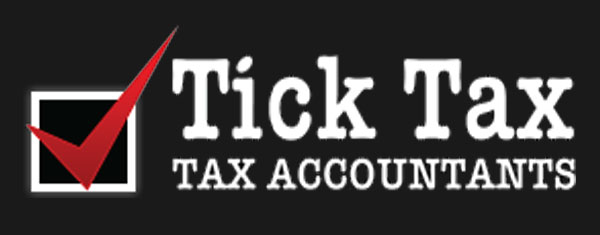2017/2018 Latest Tax Changes
Below is a quick summary of some of the latest tax changes that may affect you.
As with all things, your unique situation may differ so please don’t hesitate to contact one of our experienced team today for a more personal answer.
2017/18 Federal Budget Wrap-Up
On 9 May 2017 the treasurer, Scott Morrison, handed down his 2017/18 federal budget, which he stated concentrated on the following goals:
- Budget deficit of $29.4 billion in 2017/18, improving to a surplus of $7.4 billion by 2020/21
- Economic growth of 2.75%, rising to 3.0% across 2018-2021
- Unemployment of 5.75%, falling to 5.25% by 2020/21
- Inflation of 2.0%, rising to 2.5% by 2020/21
- Wages growth of 2.5%, rising to 3.75% in 2020/21
The Key tax measures included in the budget were:
- An increase to the Medicare Levy by 0.5% to 2.5% from 1 July 2019
- A commitment to extend the company tax cuts to cover all companies
- As extension of the instant asset write-off to 30 June 2018 for small business
- A major bank levy from 1 July 2017
- Measures through the tax and superannuation system to relieve pressure on the housing affordability
Outlined below are some of the key features of the budget which may affect the regular taxpayer.
Medicare Levy Rate
From 1 July 2019 the Medicare Levy rate will increase from 2.0% to 2.5% for all taxpayers. This is a 25% increase and will be used to fund the National Disability Insurance Scheme (NDIS).
$20,000 immediate write-off for small business
The $20,000 immediate tax write-off for assets purchased by small businesses was intended to end on 30 June 2017 but will be extended by 12 months to 30 June 2018.
Deductions relating to Investment properties
Effective 1 July 2017:
Travel Expenses
Travel expenses relating to the inspecting, maintaining, or collecting of rent for an investment property will be disallowed.
Depreciation of Plant & Equipment
From 9 May 2017 deductions for depreciation of plant and equipment will only be allowed where an expense has been incurred by the taxpayer. This means investors who purchase a property after 9 May 2017 will not be able to claim depreciation on any plant and equipment included in the purchase, but will be able to claim depreciation for plant and equipment purchased separately from the property purchase. Investors will still be able to claim capital works deductions such as renovations and expansions. Any properties purchased prior to 9 May 2017 will be able to claim all deductions as per usual.
HELP debt repayments
From 1 July 2018 the HELP debt repayment threshold will be decreased from $55,874 in the 2018 financial year to $42,000 in the 2019 financial year. This means taxpayers with HELP debts will have to make compulsory HELP debt repayments as soon as their income reaches $42,000.
First Home Superannuation Saver Scheme
From 1 July 2017 first home owners will be allowed to build a deposit for a home loan inside their superannuation fund as follows:
- Voluntary superannuation contributions up to $15,000 per year and $30,000 in total, with concessional contributions being taxed at 15% in the fund.
- The contributions can then be withdrawn from the fund, along with the deemed earnings for a first home deposit from 1 July 2018. Withdrawn concessional contributions and earnings will be taxed at the taxpayer’s marginal tax rate minus a 30% tax offset. Withdrawn non-concessional contributions will be not be taxed.
Individuals aged 65 or over able to contribute proceeds of downsizing to super
From 1 July 2018 individuals aged 65 and over will be able to sell their homes and use the proceeds to make a non-concessional contribution to their super funds up to $300,000. This will apply to main residences owned for at least 10 years.
These non-concessional contributions will be in addition to the current contribution limits and will be exempt from the existing age test, work test and the $1.6 million balance test for making non-concessional contributions.
Taxable payments reporting system extended to courier and cleaning industries
From 1 July 2018 contractors in the courier and cleaning industries will be part of the taxable payments reporting system and will have to lodge an annual taxable payments report.
Discount for affordable housing
From 1 July 2018 individuals who elect to invest in qualifying affordable housing properties will be eligible for an increased CGT discount of 60%. Terms and conditions include:
- Housing must be provided to low to medium income earners
- Rent charged must be below private rental market rate
- Housing must be managed through a registered community housing provider
- Investment must be held for a minimum of 3 years
Measures affecting foreign residents
CGT for Foreign Investors
Effective 7:30pm 9 May 2017 foreign residents with investment properties in Australia will be denied the main residence CGT exemption. Existing properties will be allowed the CGT exemption until 30 June 2019.
Restriction of foreign ownership in new developments
Effective 7:30pm 9 May 2017 foreign residents will be limited to owning only 50% of new developments. This will be regulated through a New Dwelling Exemption Certificate.
